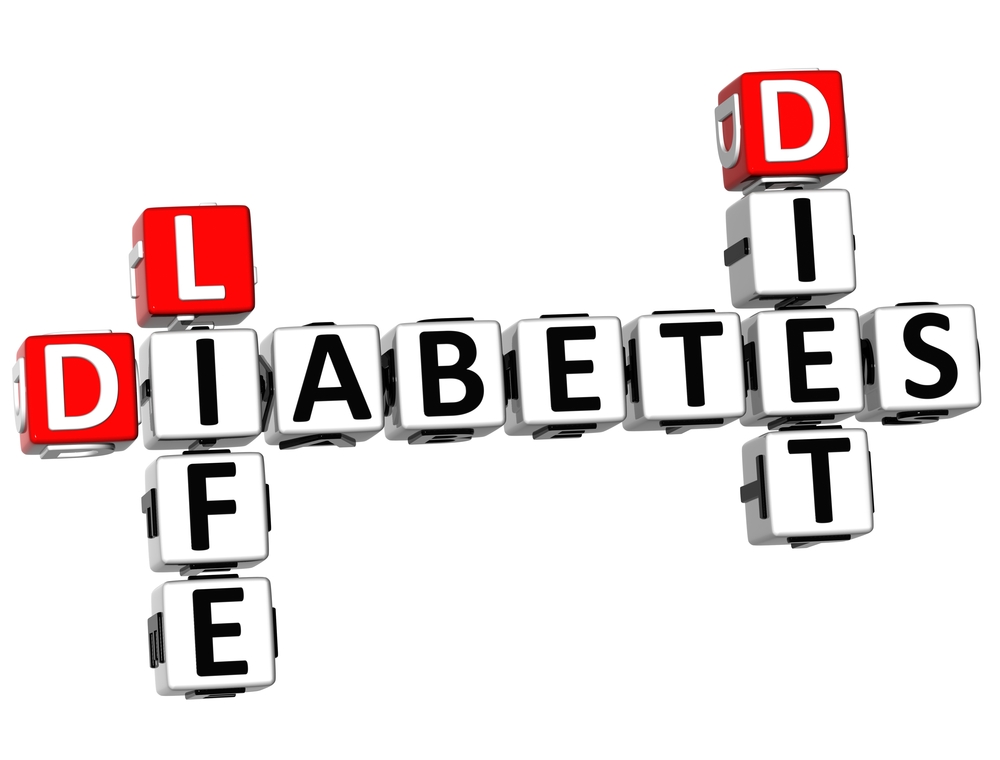Diabetes is a chronic health condition that affects how the body processes blood glucose (sugar). Insulin, a hormone produced by the pancreas, is key to regulating blood glucose levels. When diabetes is present, the body either doesn’t make enough insulin or is unable to use it effectively, leading to elevated blood sugar levels. There are three main types of diabetes:
- Type 1 diabetes – It is caused by an autoimmune disorder where the immune system attacks insulin-producing cells in the pancreas. It occurs when the body produces little or no insulin, so people with Type 1 diabetes need to take insulin every day. Type 1 diabetes is often found in children and young adults, though it can appear at any age. Its management requires daily insulin injections, blood sugar monitoring, and mindful diet and lifestyle adjustments.
- Type 2 diabetes – Insulin resistance, where the body doesn’t use insulin effectively, and the pancreas can’t produce enough insulin over time, is the main reason for type 2 diabetes. This is the most common form of diabetes, typically linked to lifestyle factors such as obesity, sedentary habits, and genetic predisposition. Type 2 diabetes often develops in adults but can be increasingly seen in younger people due to a disturbed lifestyle. High blood sugar is also known as hyperglycemia. Diet, exercise, oral medications, etc., are some of the common ways to manage this diabetes.
- Gestational diabetes – This diabetes mainly happens during pregnancy when the body can’t produce enough insulin to meet increased needs. It typically resolves after childbirth but increases the risk of developing Type 2 diabetes later. Gestation diabetes is often identified through routine screening during pregnancy. Diet, exercise, medicine, and sometimes insulin can help manage this type of diabetes.
Some common diabetes symptoms include:
-
- Increased thirst and urination
- Excessive hunger despite eating
- Unexplained weight loss
- Fatigue
- Blurred vision
- Slow healing of wounds
- Frequent infections, especially in the skin, gums, or bladder
Complications of unmanaged diabetes
-
- Increased risk of heart disease and stroke.
- Nerve damage, especially in the feet, leads to pain or numbness.
- It can progress to kidney failure.
- Unmanaged diabetes can lead to vision complications.
- Poor circulation and neuropathy increase the risk of ulcers and infections.
Living well with diabetes involves proactive management, lifestyle adjustments, and a positive mindset. Here are some tips for daily diabetes management.
- Understanding your diabetes type
Understand the type of diabetes you are suffering with, whether it is type 1, type 2, or gestational diabetes.
- Consistent monitoring and care
-
- Blood sugar monitoring – Track regularly to understand patterns and make adjustments.
- A1C tests – The A1C test measures the average blood sugar levels of the past 3 months. Aim for an A1C under 7% (or as per your doctor’s recommendation) for most adults with diabetes.
- Regular health screenings – Check for complications like eye, kidney, nerve, and cardiovascular issues.
- Nutrition and meal planning
-
- Balance carbohydrates – Use carbohydrate counting or a plate method to control portion sizes.
- Focus on fiber – High-fiber foods like vegetables, whole grains, and legumes help stabilize blood sugar.
- Limit processed foods -Minimize high-sugar, high-fat, and highly processed foods.
- Hydration – Stay well-hydrated, as dehydration can affect blood sugar levels.
- Physical activity
-
- Exercise regularly – Aim for at least 150 minutes of moderate activity weekly, like walking, cycling, or swimming.
- Strength training – Helps improve insulin sensitivity and aids in maintaining muscle mass.
- Monitor glucose during activity – Exercise impacts blood sugar levels, so adjust snacks or medication if needed.
- Stress management
-
- Stress reduction techniques – Yoga, meditation, and deep breathing can reduce stress-related blood sugar spikes.
- Quality sleep – Aim for 7-8 hours a night, as poor sleep can affect insulin sensitivity and blood sugar control.
- Medication management
-
- Follow your prescriptions – If you need insulin or other medications, stick to your dosing schedule.
- Know your options – Be aware of different types of insulin or medications that suit your lifestyle and needs.
- Building a support network
-
- Family and friends – Educate loved ones about diabetes to foster understanding and support.
- Healthcare team – Your doctor, dietitian, and diabetes educator are vital resources.
- Support groups – Connect with others managing diabetes for tips and encouragement.
- Self-education and goal setting
-
- Stay informed – Keep up with new diabetes research, tools, and treatments.
- Set realistic goals – Start with small, achievable changes and build on them.
- By following these steps, people with diabetes can live a full, healthy life. It’s all about taking control, staying informed, and building habits supporting physical and mental well-being.
Diabetes medicines
Some affordable type 2 diabetes medicines include Oxramet XR 10/1000mg, Istavel 100mg, Glycomet SR 1000mg, Glycomet GP (500+1)mg, Bigomet 500mg, Glycomet 250 mg, etc. Consult a doctor to understand the right medicine and dosage to treat your condition.



